If you’ve suffered a brain injury in Wichita, Kansas and someone else is to blame, you deserve to be compensated for what you’ve lost. You can benefit greatly by hiring a personal injury attorney to represent you and maximize the amount of money that you recover! Read more to see how we can add value to your case!
Why Should You Hire a Brain Injury Lawyer to Handle Your Claim?
100% of your focus should be placed on rest, recovery, and rehabilitation following a traumatic brain injury. Battling the insurance company, working with medical providers, determining fault, and the rest of this long list shouldn’t be your responsibility.
This is where hiring a personal injury attorney can be a huge advantage to you. You can count on the team at Mann Wyatt Tanksley to work on the following:
- Investigating the incident that caused the brain injury to determine what happened and who should be held liable to compensate you
- Working with your medical providers to document the injuries and calculate future needs so we pursue full compensation in your case
- Identifying at-fault parties and applicable insurance coverages
- Filing claims on your behalf to pursue fair compensation through settlement
- Taking your case to trial if a settlement cannot be reached
Don’t panic, but time is not on your side in pursuing a claim for compensation against those responsible.
Statute of Limitations for Brain Injury Claims in Kansas
Kansas’ statute of limitations puts a deadline on filing personal injury lawsuits, including those stemming from brain injuries. Typically, you have only two years from the date you suffered a brain injury to file suit against the liable party. If you wait to file suit after the limitations period on your brain injury claim has passed, your lawsuit can be dismissed as untimely. You could lose your legal right to recover compensation through the courts.
Now that you are aware that time is of the essence, let’s briefly cover the different types of brain injuries.
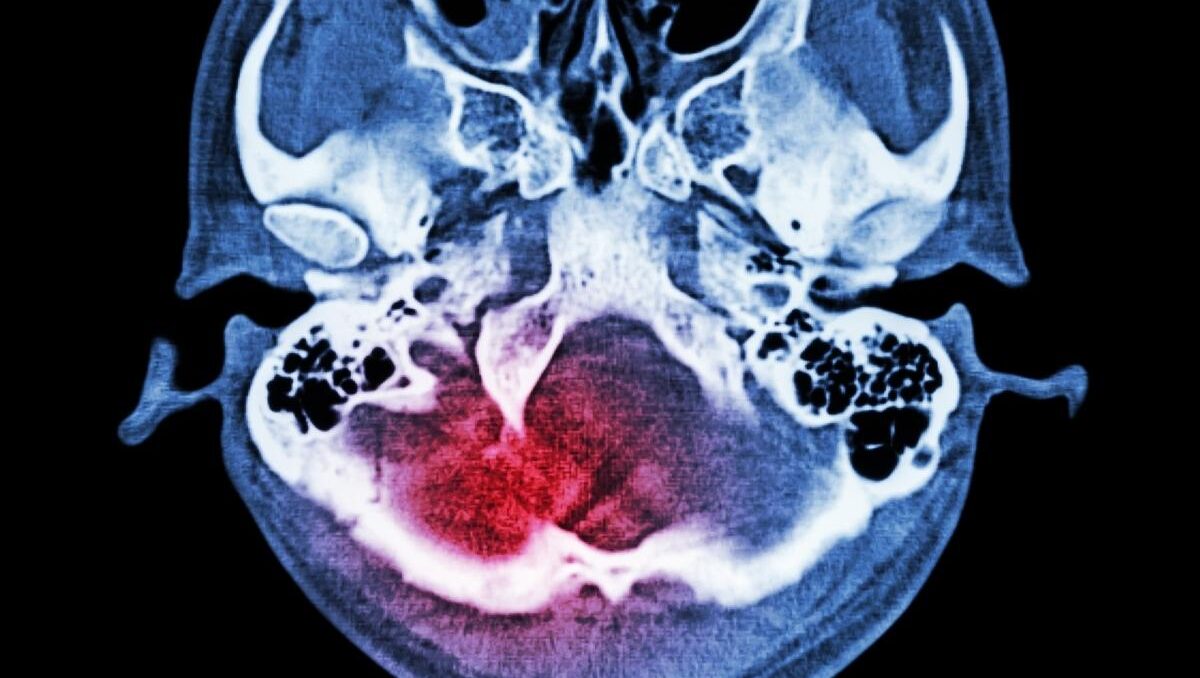
Types of Head Injuries
This section may not apply to everyone. You may want to skip ahead to long-term effects or get in contact with us. We’re not doctors and this is not medical advice (you will benefit from speaking with your physician about these issues), but this can give you a general understanding of the potential injuries you may or may not have.
Some of the most common brain injuries include the following:
- Concussion, also known as mild brain injury, involves changes to brain function caused by the brain impacting the inside of the skull
- Edema, or swelling of brain tissues caused by injury
- Diffuse axonal injury, is caused by the shearing of nerve cells in the brain due to traumatic forces on the head or body
- Skull fractures, can damage brain tissues
- Hematoma, or the pooling or clotting of blood in or around the brain caused by a ruptured blood vessel
- Hemorrhage, or uncontrolled bleeding within the brain
- Hypoxic/anoxic brain injury, is brain damage caused by reduced or eliminated oxygen flow to the brain
Symptoms of a Brain Injury
The symptoms of damage to the brain depend on the type and severity of the injury.
For example, a mild brain injury may present any of the following symptoms:
- Headaches
- Nausea or vomiting
- Fatigue
- Speech problems
- Dizziness
- Mood changes
- Blurred vision
- Ringing in the ears
- Sensitivity to light or sound
- Feeling dazed or confused
- Concentration or memory issues
- Depression or anxiety
Common symptoms of moderate to severe brain injuries include the following:
- Loss of consciousness
- Persistent or worsening headaches
- Persistent nausea and vomiting
- Seizures
- Dilated pupils
- Clear fluids draining from the ears or nose
- Loss of coordination
- Profound confusion
- Weakness or numbness in hands and feet
- Inability to be woken up

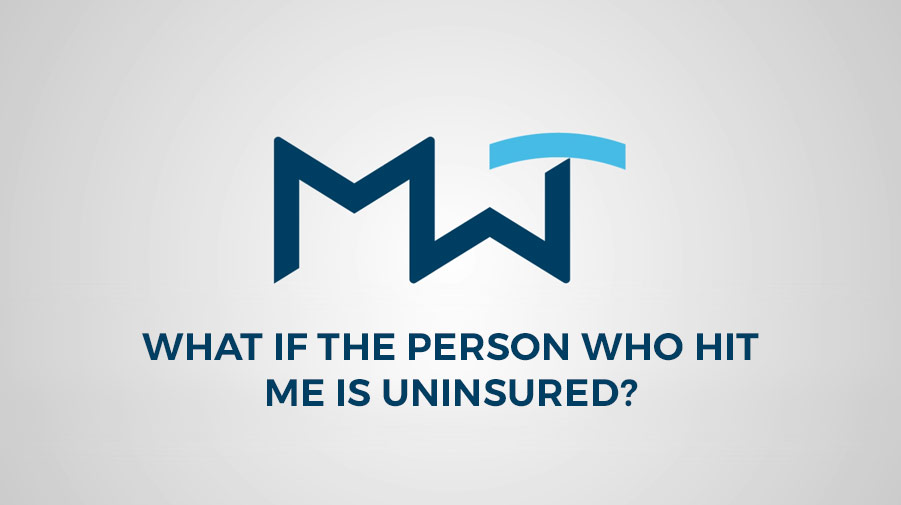
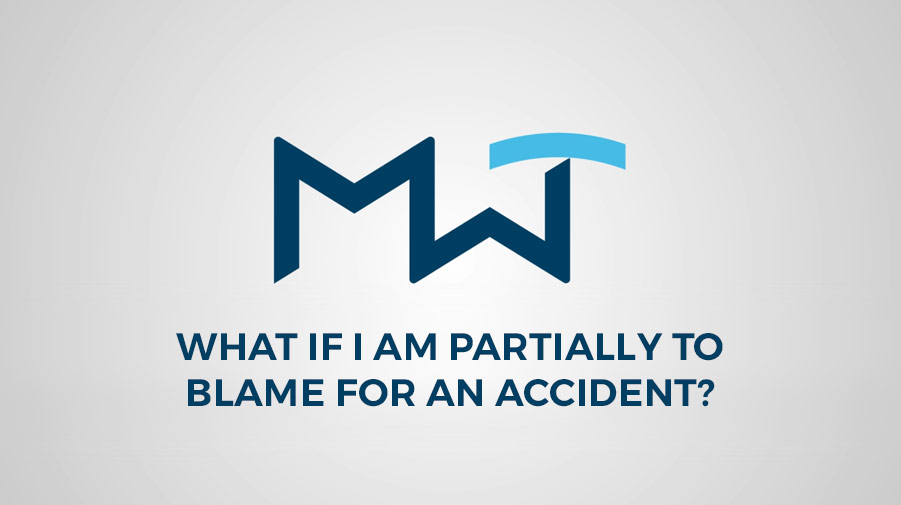
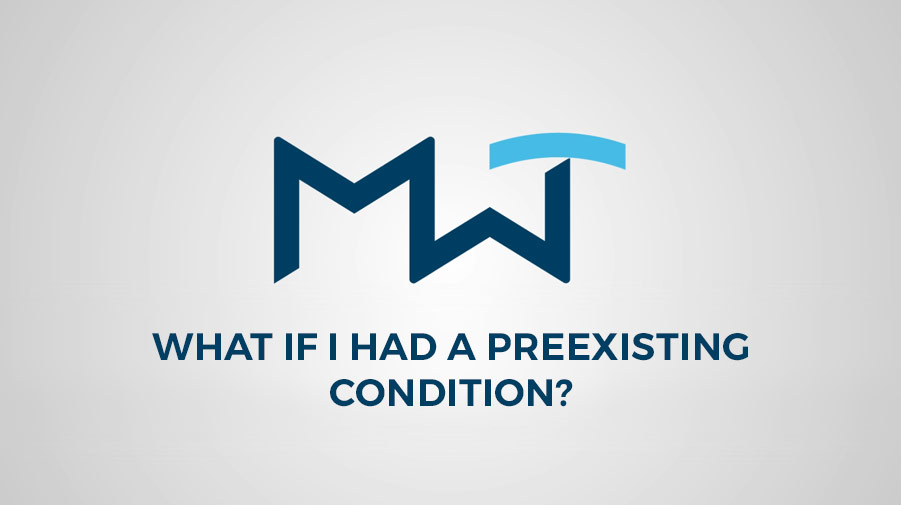
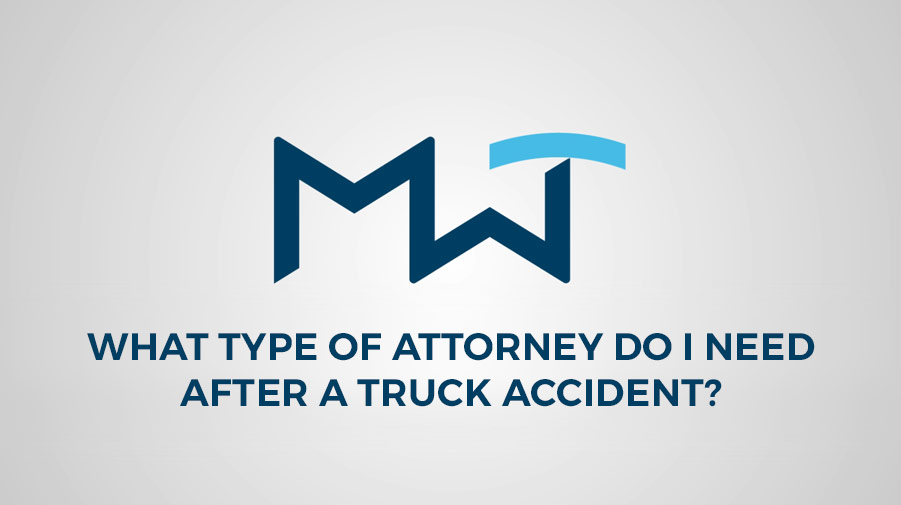
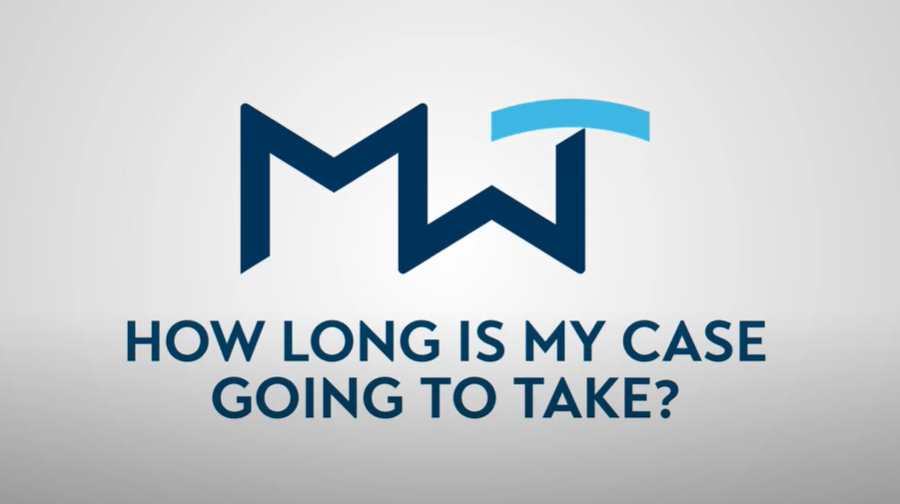
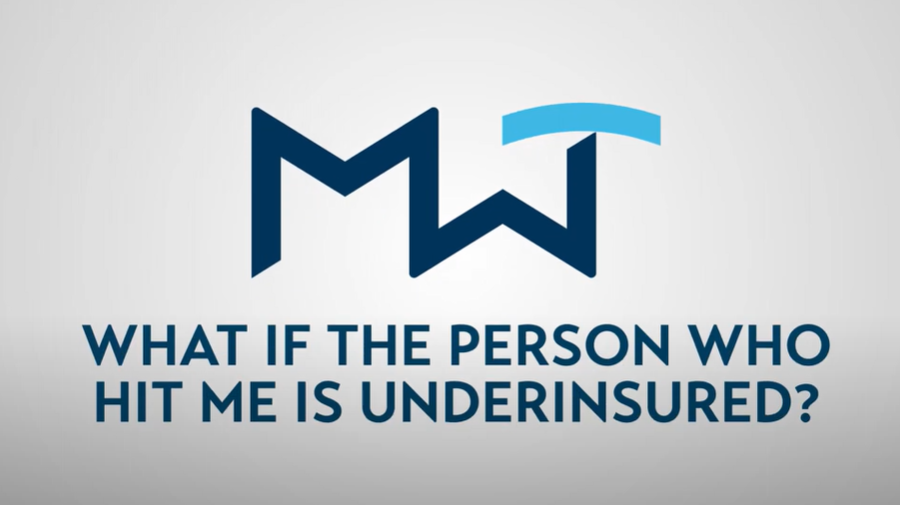



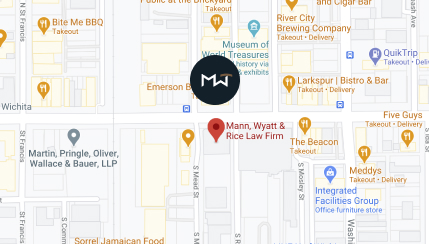
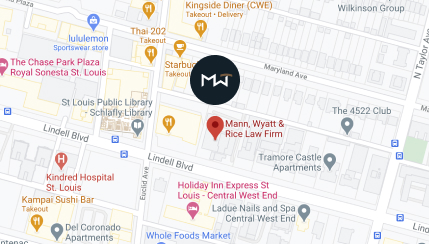

 Site by
Site by